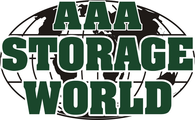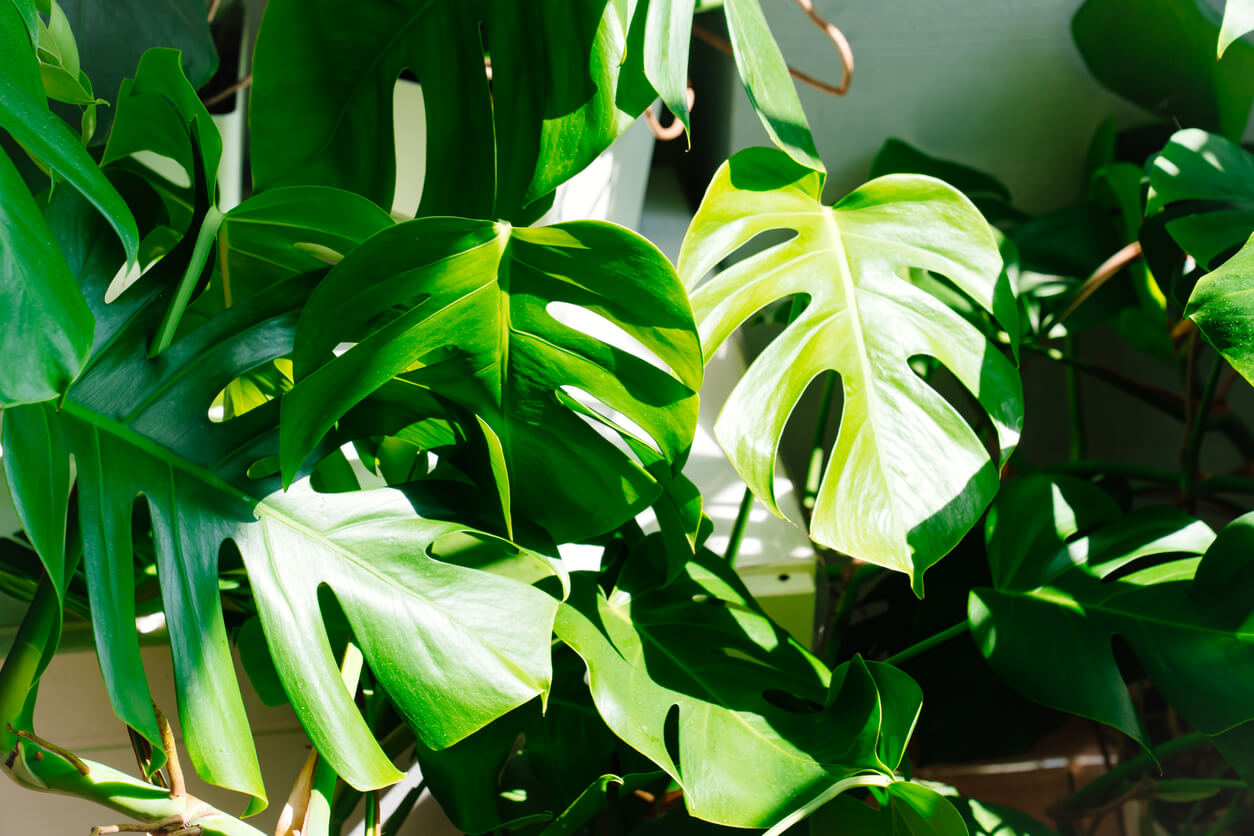Plant Storage Considerations
Houseplants may be the last thing you would think of putting in a storage unit. These beautiful additions to your home can require a great deal of care and maintenance, and such an investment certainly adds up over time. Why would you lock your precious plant babies in a dark storage unit to sit indefinitely? However, what happens when you are between homes in a move, or in the middle of a renovation? If you find yourself in this situation, of course you want to be able to keep your plants healthy even if they can’t be in your home with you for the time being. A storage unit may end up being your best best for plant storage in some of these situations. Our guide is here to help you decide when plant storage is the best option for you.
Considerations for Plant Storage
Storage Facility Rules
Because houseplants are living things, some facilities may have rules against them. It is important to check with a storage facility that you can store your plants there before you rent. Make sure you find a storage unit that allows houseplants.
Plant Viability in Storage
While it is possible to put your potted plants in storage, there are some types of plants that are better suited to the conditions of the storage unit. Most units don’t receive much light, making plants that don’t need direct light a better option to store. Here are some plants that can survive on minimal light:
- ZZ Plant
- Peace lily
- Snake plant
- Pothos
- Cast Iron Plant
- Chinese Evergreen
- Philodendron
Plants such as these will be far better suited to temporary life in a storage unit. Others may require you to check on them more frequently and ensure they get exposed to sunlight even in the storage unit.
Climate-Controlled Plant Storage
Climate-controlled storage controls the temperature and humidity of the storage unit. While the preferred temperature and humidity level may vary plant species to plant species, any extreme changes in temperature and humidity will negatively affect most plants. Investing in climate-controlled storage will at the very least emulate conditions similar to your home. If you have plants with more extreme temperature and humidity needs, you may consider other options for storage.
Plant Maintenance in Storage
Even if all your plants are suited to the climate-control and resistant to the lack of light, you still have to consider the water, soil, and other maintenance needs for your plants. This means your plants will require regular check-ups to make sure they’re watered and haven’t outgrown their pot. Ensuring you have an easily accessible storage unit will make this easier, but it will still require time and energy. If you are not able to regularly check on your plants, you may consider other options to keep your plants out of the home when you need.

